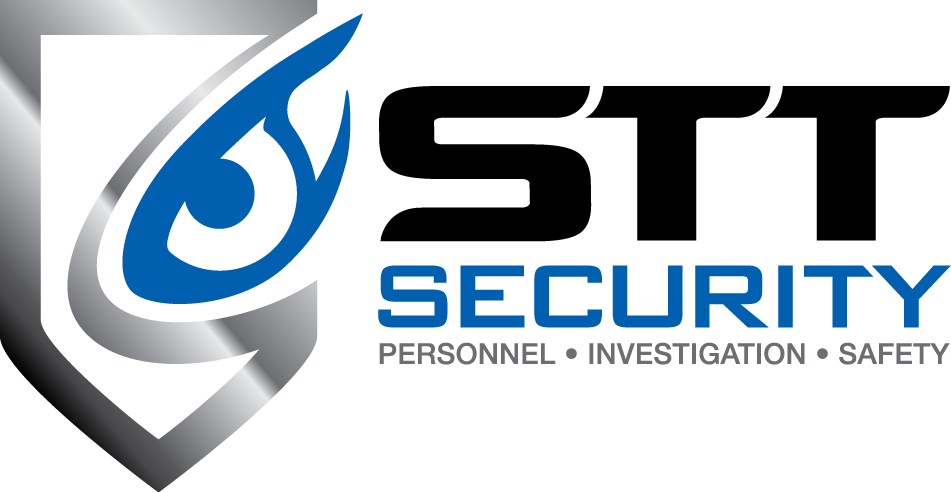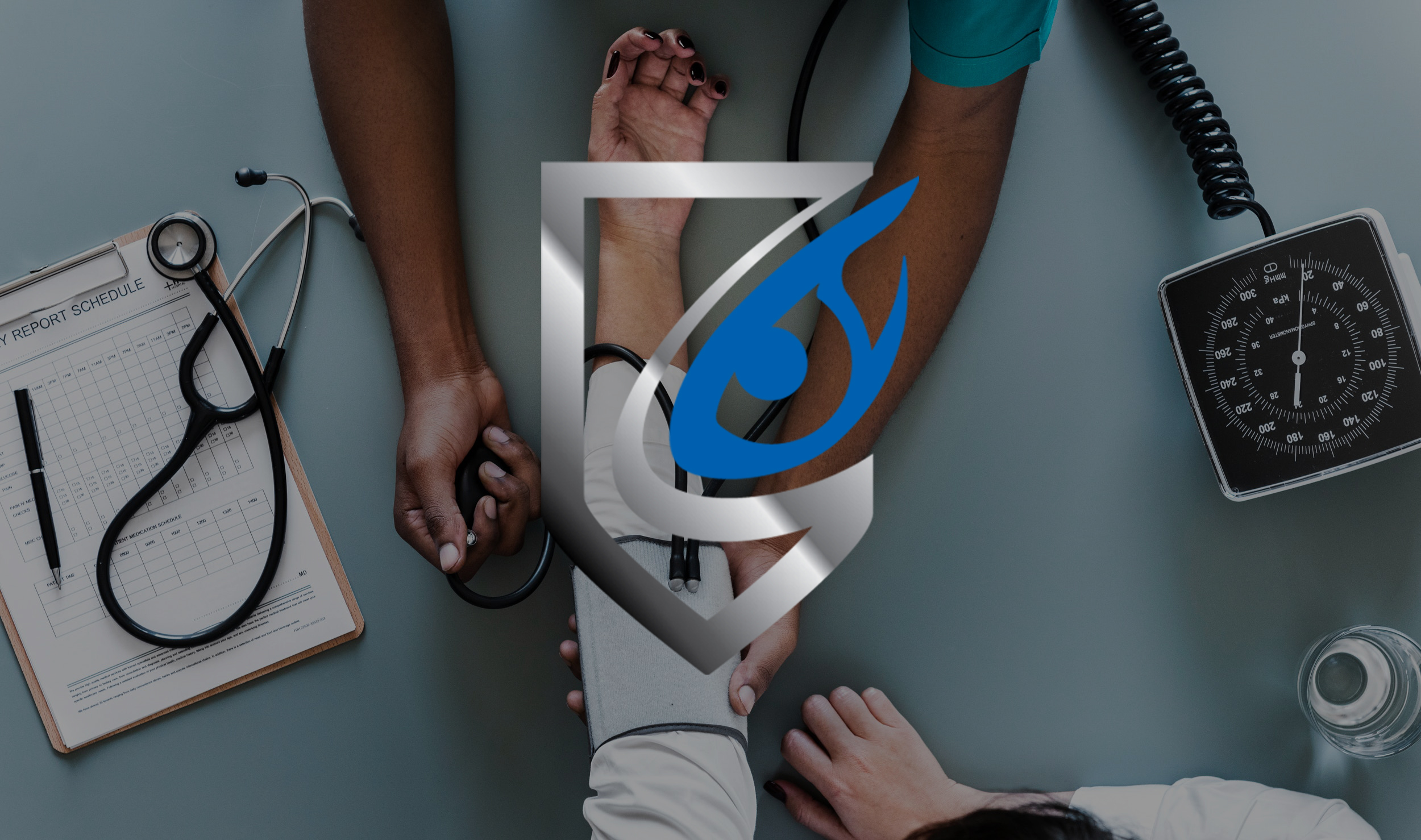It is irrefutable that the presence of a uniformed security officer deters and reduces criminal activity. In a place relating to the healthcare industry – such as a hospital or clinic – on-site security ensures the safety of vulnerable persons and expensive assets. Visitors, patients, and employees are provided with an extra layer of protection to external threats.
In 2013, 27 out of 100 fatalities in the health-care and social service settings were due to assaults or violent acts.
A 2016 report estimated that workplace violence cost U.S. hospital and health systems approximately $2.7 billion – more specifically, $429 million in other costs related to violence against hospital employees.
As these numbers slowly rise, an ounce of preventative measure can equal a pound of cure. Upholding the policies and procedures of the hospital or clinic is a security officer’s primary concern. Maintaining the safety precautions of the facility ensures the safety of everyone and everything inside.
All Walks of Life
The healthcare industry crosses paths with every person at one point or another. Due to this, people of all backgrounds, social or economic classes, beliefs, etc. are gathered in the same place. Some of these people are predisposed to violent tendencies, mental illnesses, may be under the influence of drugs and/or alcohol, or have other circumstances that increase their likelihood of violent acts in the hospital. Healthcare facilities are also a setting where medications, hazardous materials, expensive machinery, and vital equipment are kept. These must be secure at all times, and only authorized personnel should have access to them. The combination of highly sensitive assets and individuals who are more likely to commit a crime only furthers the need for security measures. The presence of uniformed security guards not only deters criminal behavior, but it also ensures that if something were to happen, the hospital’s assets would be protected.
The following benefits can make an immediate impact in the healthcare setting after the addition of a uniformed security team:
- Maintaining a visible patrol and monitoring entrances and other access points
- Fostering positive public interaction and providing a new level of customer service
- Ability to monitor alarm and security systems, as well as making sure areas are locked and secure
- Assisting with unruly and violent individuals through restraint, and utilizing verbal techniques to quell conflicts
- Executing emergency procedures or assisting with crucial hospital services, such as the airlifting of patients
- Reaching out to law enforcement, and being the initial professional contact in case of emergency
Things to Consider
Depending on the marketplace and physical setting, a healthcare provider may identify the need for armed security officers. Having armed security provides the ability to stop an active shooter or prevent possible incidents at or near the healthcare facility. This armed presence boosts staff confidence in their safety. It also sends a serious message to visiting clientele and neighboring associates. Having armed security officers, however, increases liability, mandates higher training costs, and creates the possibility of a weapon being stolen. Many healthcare organizations contend that adding weapons to an already tense environment can do more harm than good. There are also arguments that security officers are not properly trained to work in medical settings.
“Your training for security offers will have to rival that of police officers,” according to Director of Security Services Jim Sawyer at the Seattle Children’s Hospital. “In addition to 300 hours annually of training, you must provide de-escalation training as well, because if you hand someone a gun it changes the environment. It can intimidate a patient or it can anger them. Look at crime around your area and consult with your local law enforcement officials.” Sawyer stated that placing armed security officers in the hospital setting should require vigorous vetting. The hospital should review their training program, policies, and procedures. “Talk to local area hospitals and your peers, do a risk assessment, hire carefully, and look at paying those armed security officers better.”
Instead of arming an officer, Sawyer offers alternatives to handle potentially violent situations. “Take a zero incidence philosophy; or consider a mix of policies – such as having a licensed police officer on site, particularly within the ER, and develop strong 911 ties.” He continues, “If you do arm your security officers, consider the parking lot and the ER, as crime in those two areas is on the increase.”
Alternative Solutions
Of course, security officers do not need to be armed to be effective. The presence of a uniformed security team is typically enough to deter criminal activity. They also provide value in securing entry points, ensuring only verified personnel enter restricted areas, and parking enforcement. However, the guards should be trained and prepared to handle the worst of situations. In the healthcare industry, where violent acts are higher than most other industries, security officers should know how to de-escalate situations without lethal intervention.
With mental health issues at the center of many situations, field professionals prefer the use of “talk therapy,” cloth restraints, and other means to subdue patients. Sawyer spoke of the “Rule of 5,” that utilizes five-word sentences with 5 letters in each word. This simplified way of communicating has been proven effective; it provides the combatant with an out, and it does not make them feel like they are forced into a corner. It provides an escape from the situation without resorting to violence.

